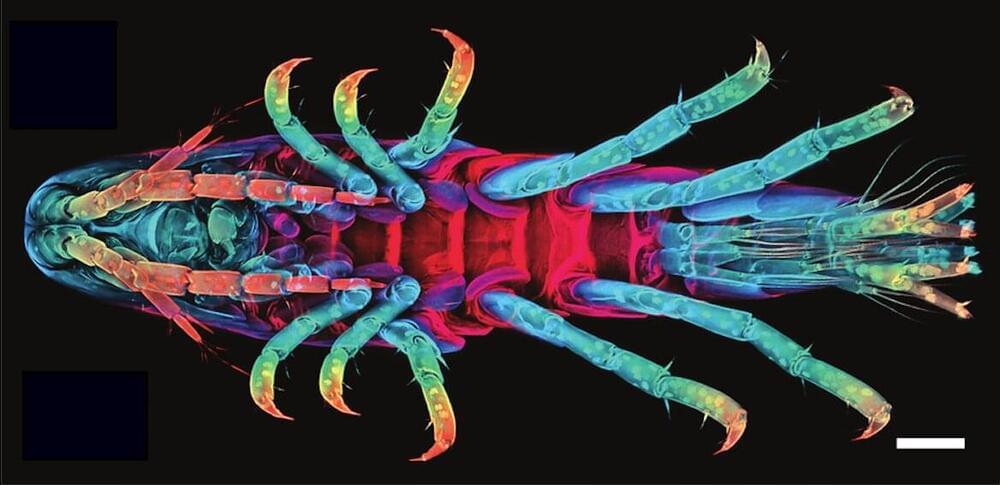Consider the crustacean Parhyale hawaiensis, a tiny crustacean with some interesting attributes.
“It’s been called a ‘living Swiss army knife,’” said Dillon Cislo, the lead author of a study that appears in Nature Physics. “It has numerous different appendages and each one is uniquely specifiable by its size and shape. Furthermore, each one of these limbs has a very specific function.”
Their fascinating bodies and accessible growth conditions make these creatures a well-chosen model organism for developmental studies. But more than that, according to Cislo and UC Santa Barbara researchers Mark Bowick and Sebastian Streichan, their embryos are a window into the world of tissue morphogenesis, a field that seeks to understand how a mass of embryonic cells becomes the complex body parts of an adult organism.










Comments are closed.